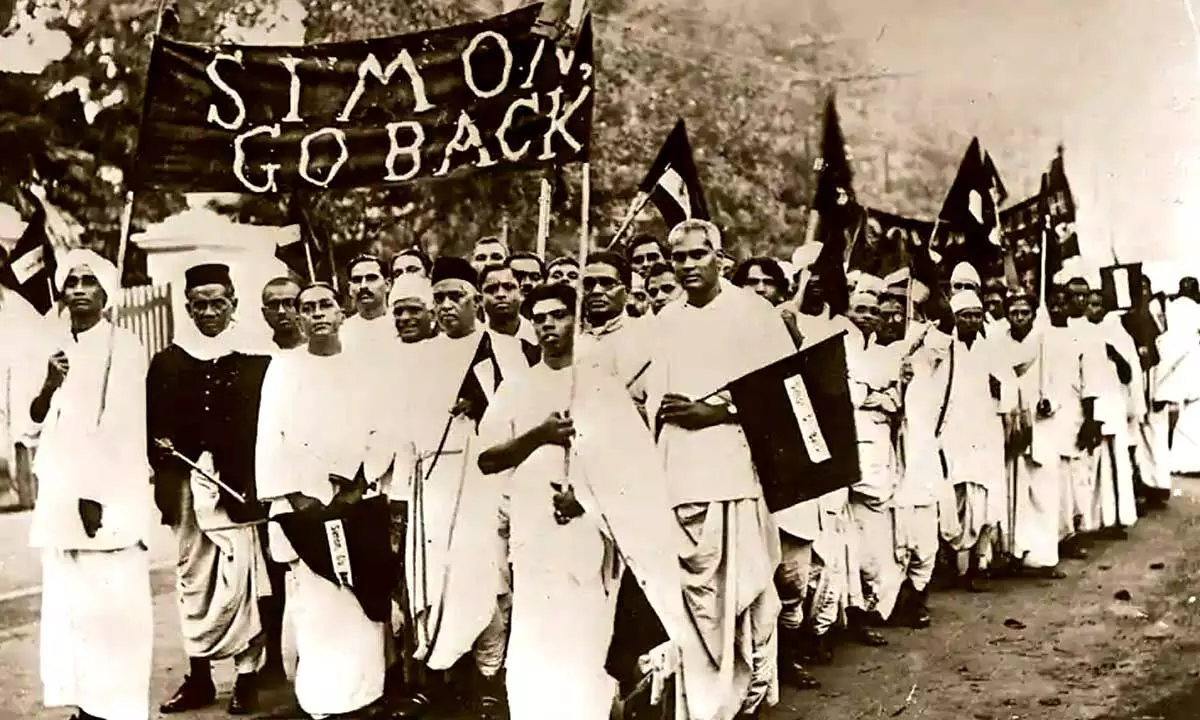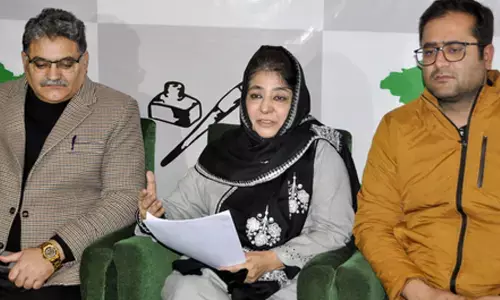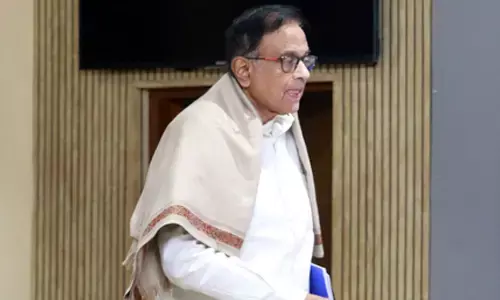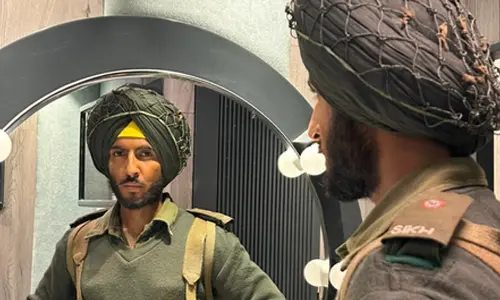Simon Go Back

The Simon Commission, which toured India in 1927, had a taste of the will of the people when it visited Vijayawada and Ongole.
The Simon Commission, which toured India in 1927, had a taste of the will of the people when it visited Vijayawada and Ongole.
At Vijayawada, the municipality had passed a resolution asking Simon and company to go back, as part of the nation-wide boycott of the Commission, which was sent to India to review the reforms initiated by Montague and Chelmsford. An envelope was passed on to Simon. As he opened it, he found a paper in it with the slogan 'Simon Go Back'.
Civil Disobedience Movement
The clarion call of Gandhiji for Civil Disobedience movement through Salt satyagraha had caused intense tremors of patriotism in Andhra Pradesh. Among the veterans who took part in the movement were Kasinadhuni Nageswara Rao, Tanuguturi Prakasam, Gade Rangaiah Naidu, V.L. Sastri and Durgabai Deshmukh.
In this process, a small village in West Gadavari district, Dendulur, stood out prominently, though the event was violent, which was not the code of Gandhiji. About 150 persons attacked the town's railway station and set it ablaze. They raised patriotic slogans.
Students' Wrath
Students in Andhra Pradesh had been actively participating in the freedom movement. Inspired by the speeches of Bipin Chandra, students of Rajahmundry participated in the 'Vandemataram' movement.
In 1938, students of Osmania University carried further the 'Vandemataram' movement. An order was issued on November 28, 1938, prohibiting students from singing the national song at the university hostel campus.
The students appealed to the Vice-chancellor to lift the ban but it was turned down. They were forced to vacate the hostel. The students of the university then went on a strike. Students of other schools and colleges joined the fray and 350 students of Osmania University were expelled in retaliation. Other universities were asked not admit students but the Nagpur University did not oblige the authorities.
The expelled students included P.V. Narasimha Rao, Tiruvarangam Hayagrivachari, and Arutla Ramachandra Reddy. The students received letters praising them for their patriotism from Jawaharlal Nehru, Netaji Subhas Chandra Bose, V.D. Savarkar and several other leaders.










